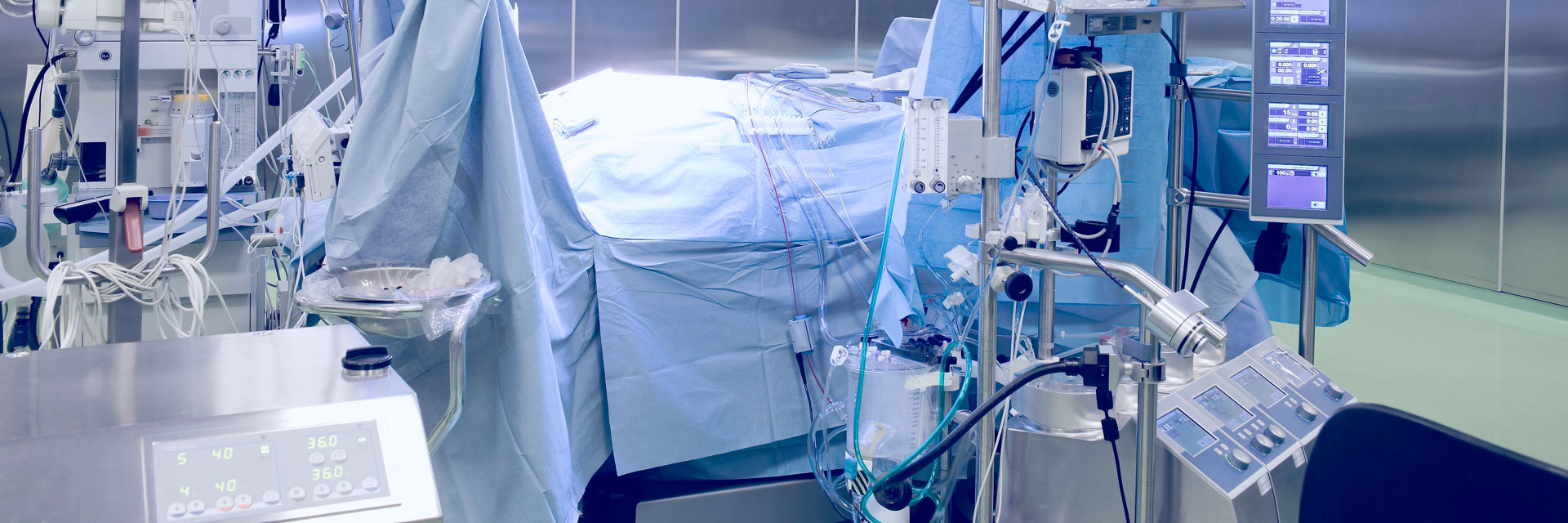

Developed by the International Standards Organization (ISO), the ISO 22196 standard has been published to explain antimicrobial efficacy properties and test methods in plastic products. This standard has been published in our country by the Turkish Standards Institute (TSE) with the following title: TS ISO 22196 Measurement of antibacterial activity on plastics and other nonporous surfaces.

The test method presented with the standard is designed to quantitatively test the ability of plastics to inhibit (bacteriostatic) or kill (bactericidal) growth of microorganisms over a 24-hour contact period. It is a very sensitive test method. It detects low levels of antimicrobial effects for a long time. With subsequent updates, the applicability of this test method has been extended to other non-porous surfaces and is no longer limited to plastic surfaces.
The ISO 22196 standard was designed after the JIS Z 2801 standard developed by the Japanese Industrial Standards organization (JIS). These two test methods are essentially the same.
The test method presented in ISO 22196 standard is quantitative and the results are reproducible provided that they are not poured from the target area after coating with thin film. It has both bacteriostatic (growth-inhibiting) and bactericidal (bactericidal) properties. While performing the test, microbial concentrations are standardized and bacteria are fed during the incubation period. In this case, if the surfaces are not sufficiently antimicrobial, there are plenty of opportunities for them to grow. Unlike other antimicrobial tests where microbes are incubated in non-nutritious suspensions, this test method is stressful for a long time.
This test method helps researchers estimate the accuracy of individual tests and predicts triple tests that increase overall experimental accuracy. In addition, this method includes successful or unsuccessful criteria for calculated antimicrobial activity levels observed in test samples.
Within the framework of laboratory testing services, our organization also provides services to measure the antibacterial activity on ISO 22196 Plastics and other non-porous surfaces.
To get an appointment, to get more detailed information or to request an evaluation, you can ask us to fill in our form and reach you.